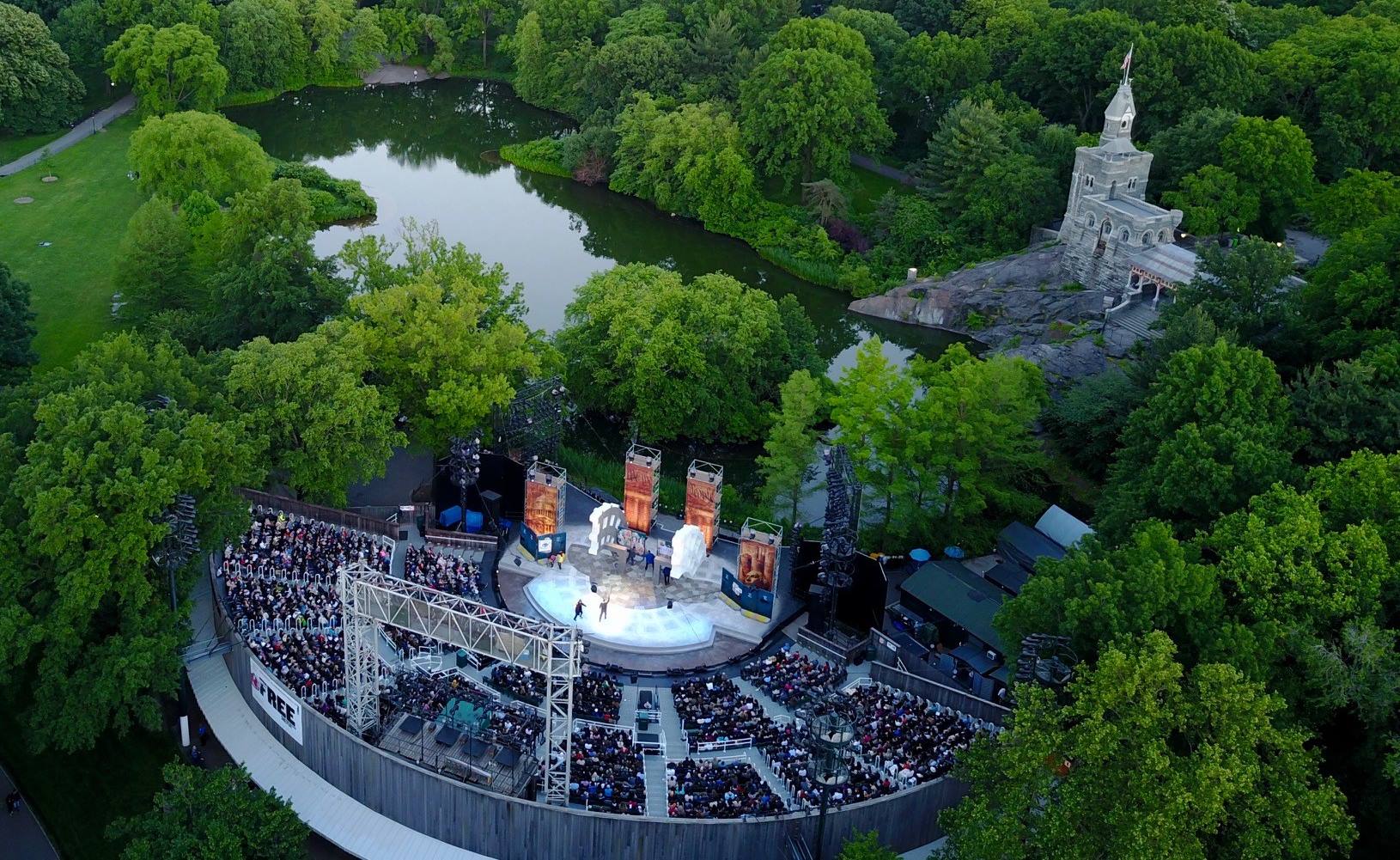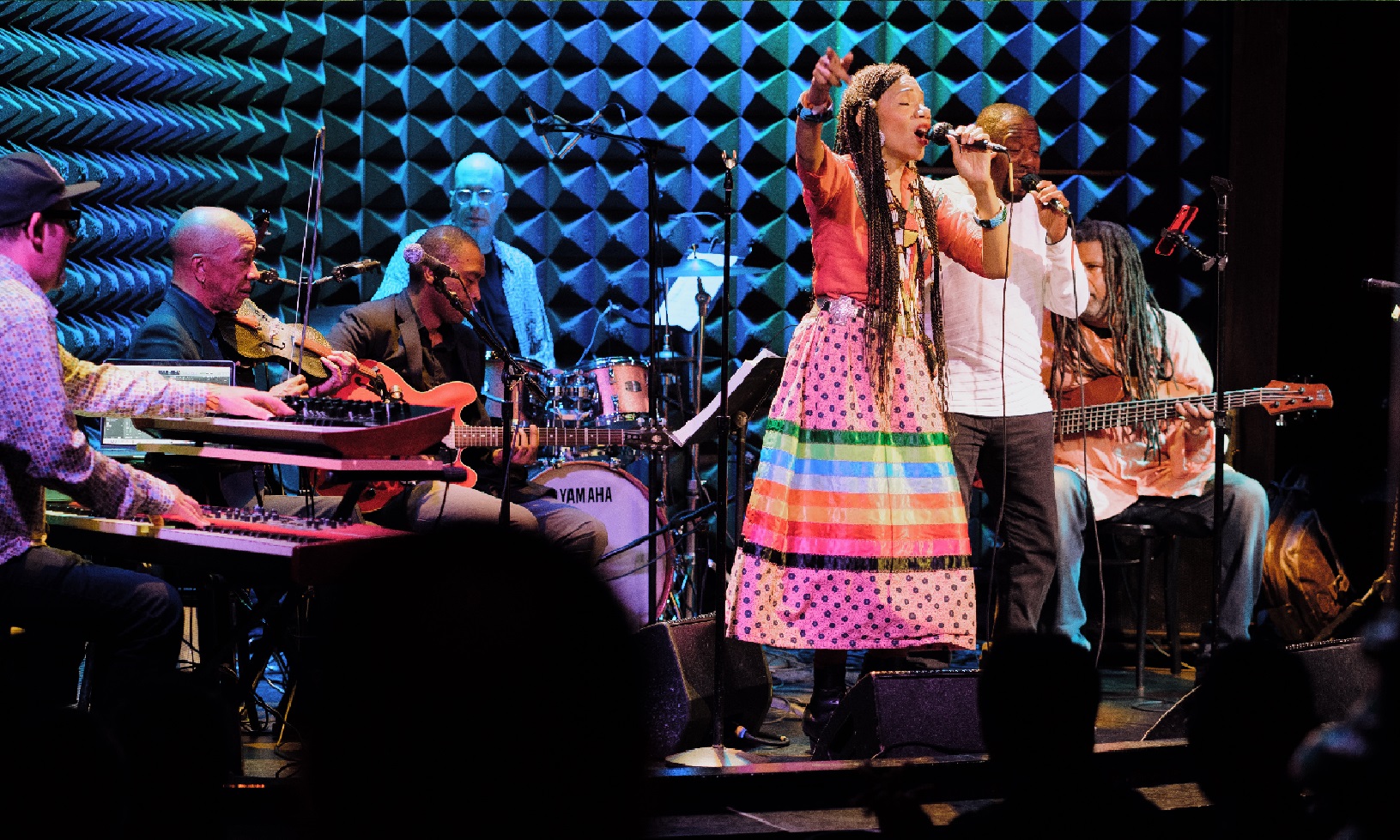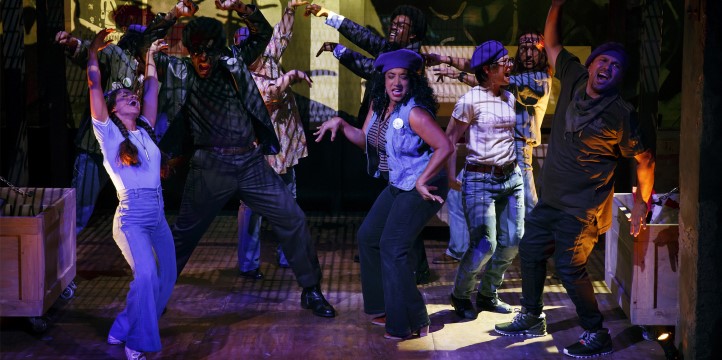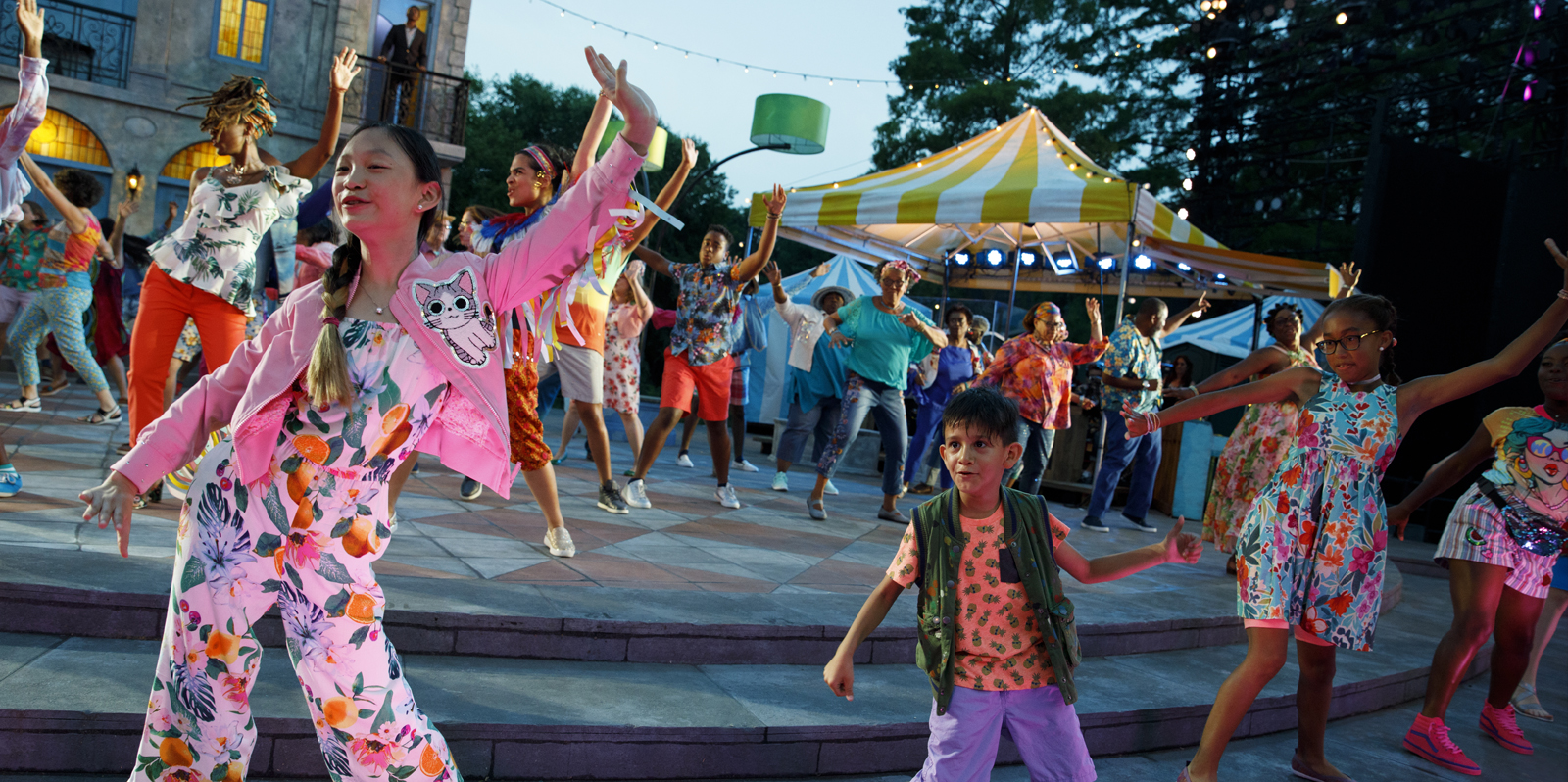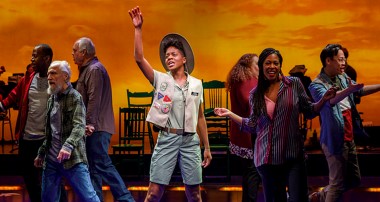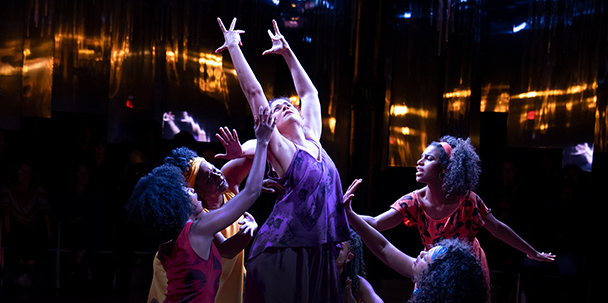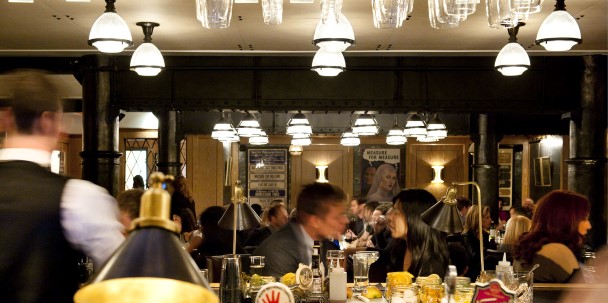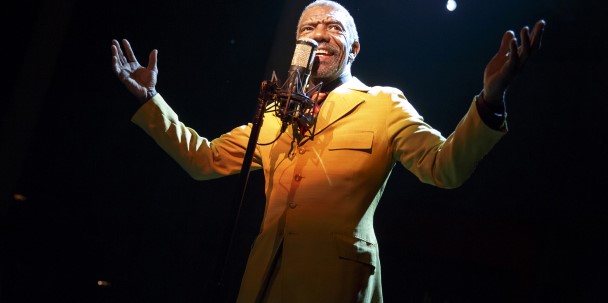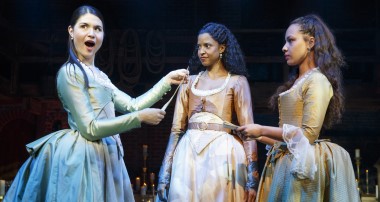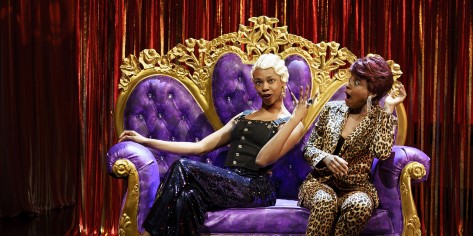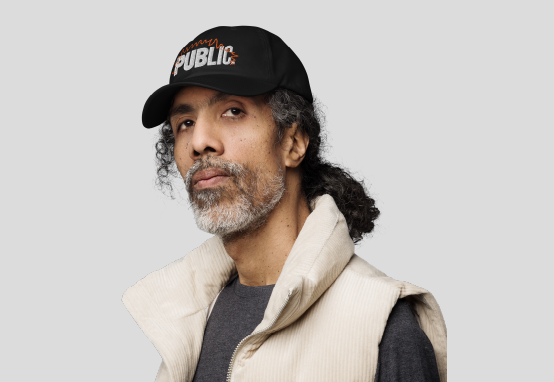After The Public Theater’s 2019 Free Shakespeare in the Park production of Much Ado About Nothing directed by Kenny Leon, Jason Michael Webb returns to write the musical composition for the 2023 production of HAMLET, also directed by Leon.
This interview has been condensed and edited for clarity.
David Quang Pham: How many times have you seen Hamlet?
Jason Michael Webb: Z-E-R-O. Growing up in church, I didn't have a lot of connection to Shakespeare. I didn't know how it related to my personal experience. I always felt like I was missing out on something. I'm not a huge sports fan, but I see people go nuts for football and go nuts for Shakespeare and I notice an energy. So, working on this with so many great people, I got to know a piece that is important on so many levels. This show is similar to where people that may not go to church to hear these messages can still get these important messages through. I didn't realize what an important tool of education Shakespeare's plays were.
Pham: How has your experience on The Public’s 2019 production of Much Ado About Nothing influenced your return to The Delacorte Theater in Central Park?
Webb: I love Kenny [Leon, director]. Anytime you work with Kenny, it's a group of incredible people doing incredible work. It is intimidating to go into the park because it's such high stakes. It's something the world looks at as an authority on plays presented to today's audiences. So, to be trusted with that is exciting. Having been through Much Ado About Nothing, I jumped at the chance again. I could not say no.
Pham: What’s the journey with Kenny Leon been like?
Webb: When Kenny directs Shakespeare, he brings it to an audience that may not have much experience with it. So, he leaves the designers in the creators’ room to figure out ways to connect this. In this production, he wanted to set it in present-day Atlanta, so it’s the music that people today would be listening to. Back in Shakespeare's day, that material was written in the people's language. The music was the people's music and that was the experience that they were bringing to audiences back then. We wanted to do the same thing with today's music and language. Kenny wanted songs sung by a quartet at the top of the funeral. I'm sure they weren't doing that back in the day, but now we have this newer spiritual quartet music that might be found in church. So, that's not at odds with what was written hundreds of years ago. How people react to the material has not changed over the years as long as it's contemporary.
Pham: I’ve read changes in the script. One instance is within the second act where “I heard thee speak me a speech once” is now: “I heard thee sing me a song once.” Is the music more diegetic than ever before?
Webb: That instance is special in HAMLET because those characters know they are singing. The players come into town. They greet Hamlet and Hamlet is like, “Do that thing you used to do that I used to love.” Then, they perform that. I want a time machine to go back and hear what hip-hop of that time sounded like and create that same sensation in today's audiences, so they see more of themselves on the stage and know it's not this elegant thing. We're dropping you into a world that you can drop yourself into.
Pham: How do you compose in a vacuum, from a text, and with the director and performers engaging with the text?
Webb: For me, “vacuum” simply means getting into a space and opening up. The most rewarding experiences I've had have been when I'm suspicious of my own involvement. I find a lot of commonality between the music in church and theater. In church, those are such personal and special experiences. You have to go into your own personal special place.
Text is direction. In the moment that Ophelia is going crazy, she comes in singing. I know what state of mind she's in. At some point, you're looking for what we want the audience to feel. There's a line that says, “tomorrow is Saint Valentine’s Day” and “here I am underneath your window.” There's sweetness, simplicity, and romance, but there's also insanity. So, what is that formula? What are the melodies? What are the chord sequences? When you're writing melodies or harmony, what you're doing is giving the audience a hint to the subtext. What is the context of that text? Where are those words coming from and how can a composer support that? How can you help the audience? By giving them something that puts them in the place that they're intended to be.
With directors and performers, that's the most fun part because you do all that prep work and then you bring it in. You're cooking for a bunch of people. You've tasted it. You like that chicken and sauce, but you don't know if it's going to resonate with anybody else. To put it in front of somebody and then when they start eating it, it's similar to when you take a play and you first put it in front of an audience. The point of previews is that you add that character and then you zhoosh them up based on that.
Pham: How is working with sound designer Justin Ellington?
Webb: The sound design/composer line is blurry because it's such a musical show. Working with him has been awesome so far and I know we have a lot more work to do together.
Pham: Effective sound design can highlight leitmotifs and have your compositions reprise.
Webb: Yes. To musicalize things that aren't inherently musical, like dealing with wind and creating melody out of wind or the pitch of wind. What does that indicate? Is that composing or is that sound design? Those are the lines that I'm excited about blurring even further.
Pham: What have you learnt about yourself that you haven’t known before?
Webb: Every creative project, I walk in with an intention to do something great. I desire to support a vision and help these super talented people find what they're looking for. What I discovered about myself is more of a confirmation. It makes me think about allergies. Every year around allergy season, my body starts to react to allergies. Every year it's a surprise, but it doesn't mean that I don't have previous knowledge. So I don't know if I'm learning something new musically or creatively, but my passion is reignited.
Pham: What is the process like on new works versus pre-existing work?
Webb: It's the same. It is a testament to the power of theater. Working on MJ The Musical, it's the people that you walk into a room and say, “I'm going to mostly keep my mouth shut and learn from what these people like from their experiences.” Like any creative process, you're vulnerable and I feel like I'm making it up as I go along based on how I'm affected, how open I am, and what I feel is generosity with performance. It's all an exercise in taking what's intended and leading an audience to where you need them to be. With HAMLET, it was a matter of contemporizing and turning something that's hundreds of years old and making it fresh. MJ is a different animal in that the music still resonates. It's also a temporary, subtle kind of creation process. But it still respects that original material.
Pham: What advice would you give an emerging musical theater writer?
Webb: Any musical theater writer has probably identified projects that move them. It was always my desire to do the same. So, I would encourage anyone in a similar place to figure out your version of finding newness. What are you creating? Trying to inspire? Everybody’s version of inspiring is so different. So figure out how to inspire yourself and jump in with both feet because the easiest thing to happen in the creative process is to be intimidated to share. We all have a voice. Approach it with excitement and curiosity like a child. We're going to respond to what you're excited about. Once you find that flavor and rhythm, jump in with both feet and see what you come out with at the end.
Pham: What other Shakespearean plays would you personally like to musicalize?
Webb: All of them.
Free Shakespeare in the Park’s HAMLET is now playing through August 6 at The Public’s Delacorte Theater in Central Park. Click here for showtimes and information on how to get tickets.
David Quang Pham is a musical theater science communicator who writes science musicals, consults on stories that explore STEM, and interviews out-of-the-world musical writers. Be up to lightspeed at davidquang.com
This piece was developed with the BIPOC Critics Lab, a new program founded by Jose Solís training the next generation of BIPOC journalists. Follow on Twitter: @BIPOCCriticsLab.
PHOTO: John Douglas Thompson, Solea Pfeiffer, Nick Rehberger, and Laughton Royce in The Public’s Free Shakespeare in the Park production of HAMLET. Photo Credit: Joan Marcus


